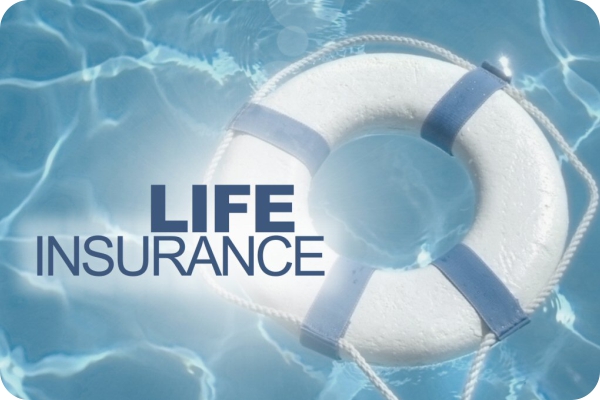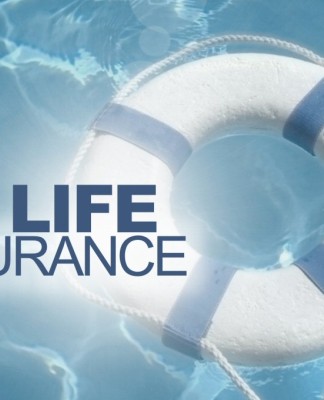An often-overlooked aspect to family financial planning is life insurance. If you have a family and want to make sure they are cared for in case you are not there, Richard Cayne of Meyer International outlines the different life insurance options available.
What is life insurance?
Life insurance is simply a contract that outlines how, in exchange for a set number of payments (premiums), a specific payout will be given to a party you designate (beneficiary) after your death.
Generally, life insurance falls into two categories: whole and term.
Whole life insurance
Whole life insurance provides a lifetime death benefit, unless your payments lapse, for a set premium amount and builds cash value you can use while you are alive. Normally, the premiums are fixed from the start of the policy. Death benefits can sometimes be increased by the cash accrued, and there is the option to cash out the dividends, although there are probably tax implications to consider. Also, the cash can be used towards premium payments.
Universal, or adjustable, life insurance is a variation of whole life where premiums, cash values and level amount of protection can each be adjusted during the contract term.
Term life insurance
Term life insurance provides coverage for a specific time period at a fixed payment rate. At the end of the period, the coverage expires and you must get a new policy. Death benefits will only be paid if you die during the policy’s term, usually between 10 to 30 years. This is normally a much cheaper option, but this is because there is no cash accrual and the policies are limited. And, if you can renew, or get a new policy, most likely the premiums will substantially increase and continue to do so.
For more information on the different types of life insurance, particularly options for expats, please contact Richard Cayne at Meyer International.
Richard Cayne’s points to ponder: Life insurance
Is this something you can afford? Make sure you can cover your day-to-day, year-to-year expenses before you contemplate taking out a life insurance policy, especially if you are looking into more investment fund-like whole life coverage.
Do you have enough coverage? There is no hard and fast rule, but generally, you should make sure that the policy is enough to pay off at least your debts (mortgages, student loans, credit card bills, etc.).
Can you understand the policy? Surprisingly, policy writers will try to add riders and clauses that may water down the value of your policy or just not deliver what the agent promised. Make sure you know what is in your contract.
An additional tip from Richard: Really shop around. Not just in your town, city, or country, but look at policies available in other jurisdictions. Definitely check whether you can legally make the investment, but often you will find that not only can you get coverage, but also your premium payments will get more coverage. For more information, contact Richard Cayne at Meyer International.
About Richard Cayne
Richard Cayne is originally from Montreal, Canada, and currently resides in Bangkok Thailand with his wife Akiko Cayne and their two young children. He runs the Meyer Group of Companies (www.meyerjapan.com). Previously, he resided in Tokyo, Japan, for over 15 years, advising high-net worth Japanese families.
Richard has over 19 years of experience creating innovative international tax and wealth management solutions.
He is also currently the CEO of Asia Wealth Group Holdings Limited (https://www.asiawealthgroup.com), an ISDX (ICAP Securities & Derivatives Exchange, a London-based stock exchange) listed Financial Holdings Company.
For more information, contact Richard Cayne at Meyer International.















